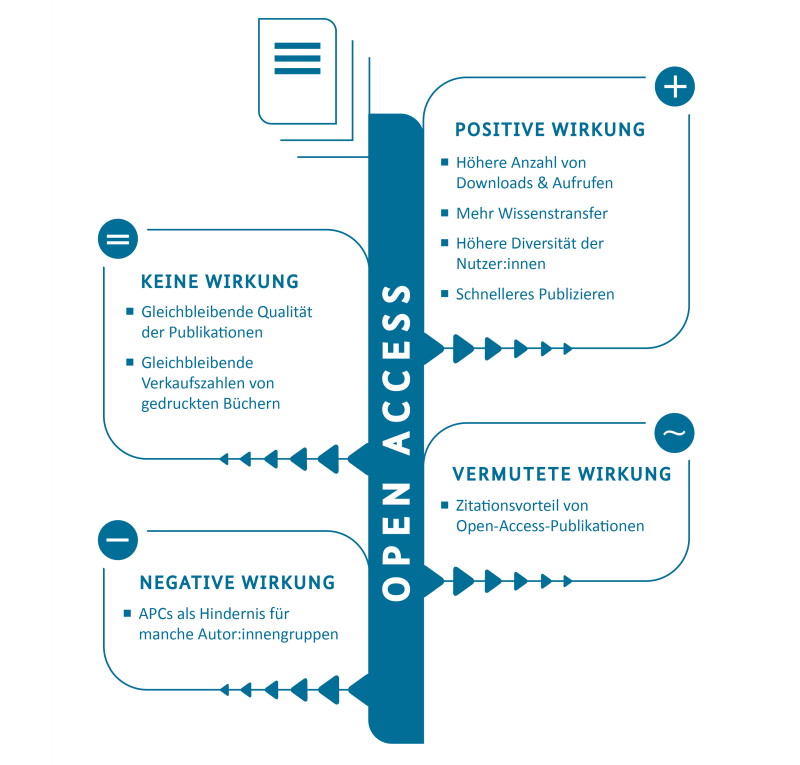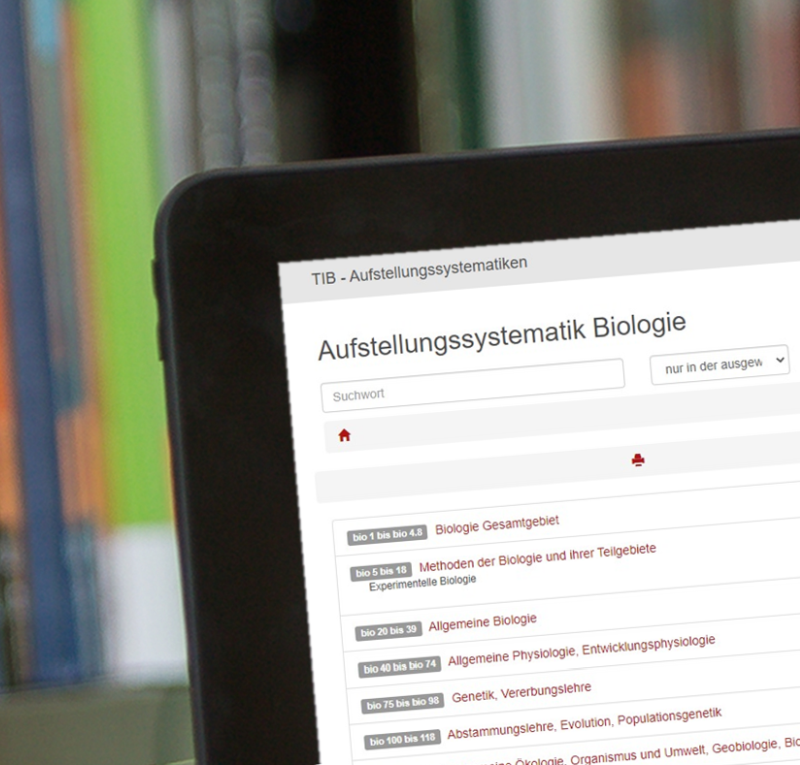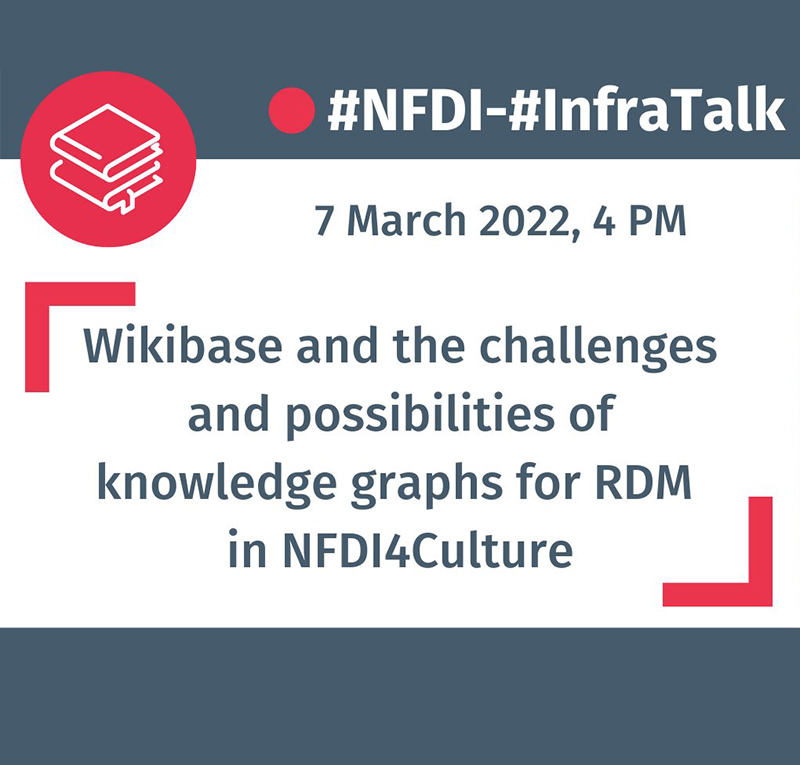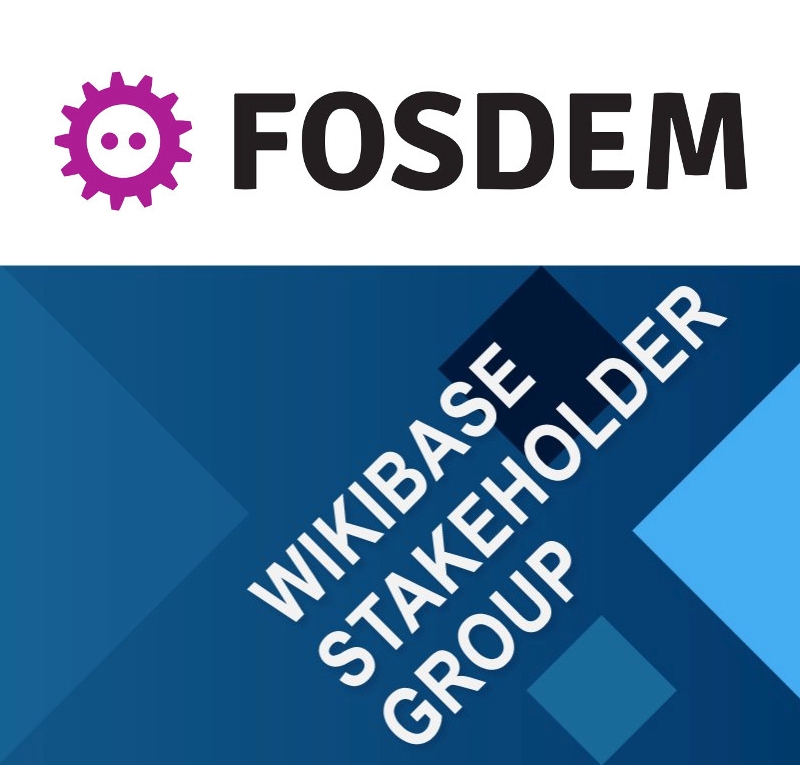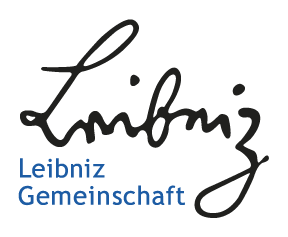“Wirkungen von Open Access” – Neue TIB-Studie zu Open-Access-Wirkungen
Die TIB hat im Auftrag des Bundesministeriums für Bildung und Forschung (BMBF) die Studie “Wirkungen von Open Access. Literaturstudie über empirische Arbeiten 2010–2021” durchgeführt. Der Bericht zur Studie ist nun veröffentlicht und frei verfügbar. In diesem Blogartikel geben wir einen Einblick in die Ergebnisse.
➔